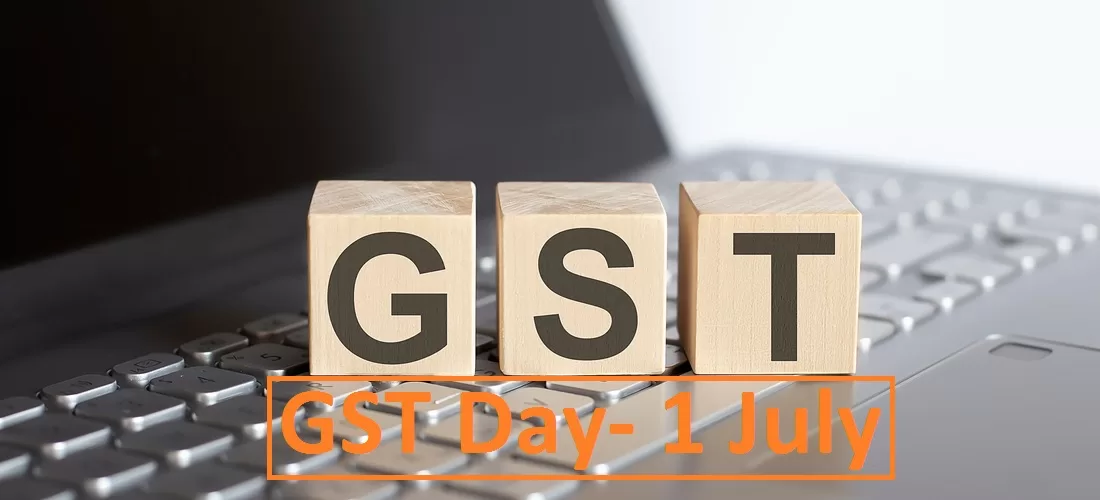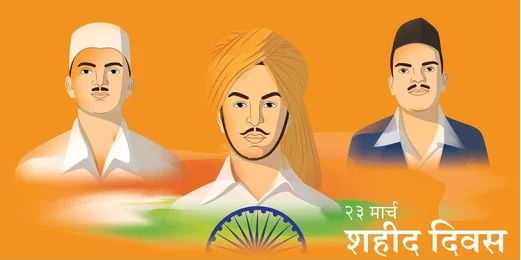GST Day 2023: History, Significance, Facts and Figures about Good and Services Tax Day in India

GST Day is celebrated every year in India on July 1st. The aim of this day is to commemorate the anniversary of the launch of the Goods and Services Tax. This tax reform was aimed at unifying the country’s indirect tax structure and transforming it into a more efficient tax system.
The GST system has been in place since 2017 and has had a significant impact on the Indian economy. In 2023, India will celebrate the 6th anniversary of GST Day and it is expected to be an even bigger celebration than before. On this day, people across the country come together to recognize the importance of GST and the positive changes it has brought to the country’s economy.
Overview of GST Day India 2023
| Name of the day | GST Day 2023 |
| Full Name | Good and Services Tax Day 2023 |
| Date | 1st July 2023 |
| The day was first celebrated in the year | 2017 |
| Authority established the day | Government of India |
| Official Website | https://www.gst.gov.in/ |
Significance of GST Day
July 1st is a significant day for India as it marks the anniversary of the introduction of the Goods and Services Tax (GST). The GST is a revolutionary tax reform that has transformed the Indian economy and tax system.
The GST is a comprehensive indirect tax that replaced various taxes like service tax, VAT, excise duty, and many more. The introduction of GST has brought uniformity to the tax system as it is a single tax system that is levied on goods and services across India.
GST has simplified the tax structure and reduced the tax burden on businesses making it easier for them to comply with the tax regulations. GST has also increased the efficiency of the tax system by reducing the number of tax forms and returns that businesses need to file.
Overall, we can say that by simplifying the tax structure and reducing the tax burden on businesses, the GST has helped to create a more favourable environment for investment and growth.
History of GST and GST Day
GST (Goods and Services Tax) was first introduced in India on July 1, 2017. However, the road to GST was a long and difficult one. The idea of GST was first proposed in 2000 by the then-Prime Minister Atal Bihari Vajpayee.
After years of debate and discussion, the government finally passed the GST bill in August 2016. This was a landmark moment for the Indian economy as it marked a major shift in the way taxes were collected and distributed.
Some states were concerned about losing their autonomy in tax administration, while others were worried about the impact of the new tax on their state revenues. Despite these challenges, the GST was finally implemented.
The government of India declared July 1 as GST Day to commemorate the anniversary of the implementation of the GST.
Check other special days in July month
How to Celebrate GST Day in India?
Here are some ways by which you can celebrate GST Day 2023.
- Attend a seminar or webinar on GST: Attend a seminar and learn about the various aspects of GST and its implementation.
- Organize an event: Organize an event to spread awareness about GST among people.
- Conduct workshops: Conduct workshops related to GST to educate people about its benefits and how it works.
- Share knowledge: Share your knowledge about GST with others by writing articles or blog posts.
- Attend a GST exhibition: Attend a GST exhibition to learn about the latest developments in GST and interact with industry experts.
- Host a social media campaign: Host a social media campaign to raise awareness about GST and its benefits.
- Celebrate with your team: Celebrate GST Day with your team by organizing a small party or a get-together.
- Analyze your business: Analyze how GST has affected your business and how you can further streamline your operations.
- Participate in a quiz: Participate in a quiz related to GST and test your knowledge regarding its various aspects.
- Share success stories: Share success stories of businesses that have benefited from GST and how it has helped them grow.
10 facts about GST that we all should know
- GST is a destination-based tax, meaning it is collected at the point of consumption rather than at the point of origin.
- There are four tax slabs under GST: 5%, 12%, 18%, and 28%.
- GST is collected by both the central and state governments in India.
- GST has simplified the tax system by reducing the number of tax forms businesses need to fill out.
- Small businesses with an annual turnover of less than 20 lakhs are exempt from GST.
- The GST system in India is largely automated and requires most businesses to file monthly/ quarterly tax returns.
- The GST has increased the tax base in India, as more businesses are now required to pay taxes.
- Certain items such as essential commodities and healthcare services are exempt from GST.
- The GST is divided into three categories: CGST (Central GST), SGST (State GST), and IGST (Integrated GST).
- The GST Council is responsible for deciding the GST rates and is comprised of representatives from both the central and state governments.
Upcoming Events
Check out the dates of upcoming GST days in the next five years.
| Event | Date | Day |
| GST Day 2023 | 1st July 2023 | Saturday |
| GST Day 2024 | 1st July 2024 | Monday |
| GST Day 2025 | 1st July 2025 | Tuesday |
| GST Day 2026 | 1st July 2026 | Wednesday |
| GST Day 2027 | 1st July 2027 | Thursday |
FAQs
In India, GST Day is celebrated on July 1st every year.
GST returns can be filed online through the GST portal. You will need to provide details of your sales and purchases for the filing period.
The GST rate in India varies depending on the type of goods and services. It can range from 0% (for essential goods like food and healthcare) to 28% (for luxury goods).




